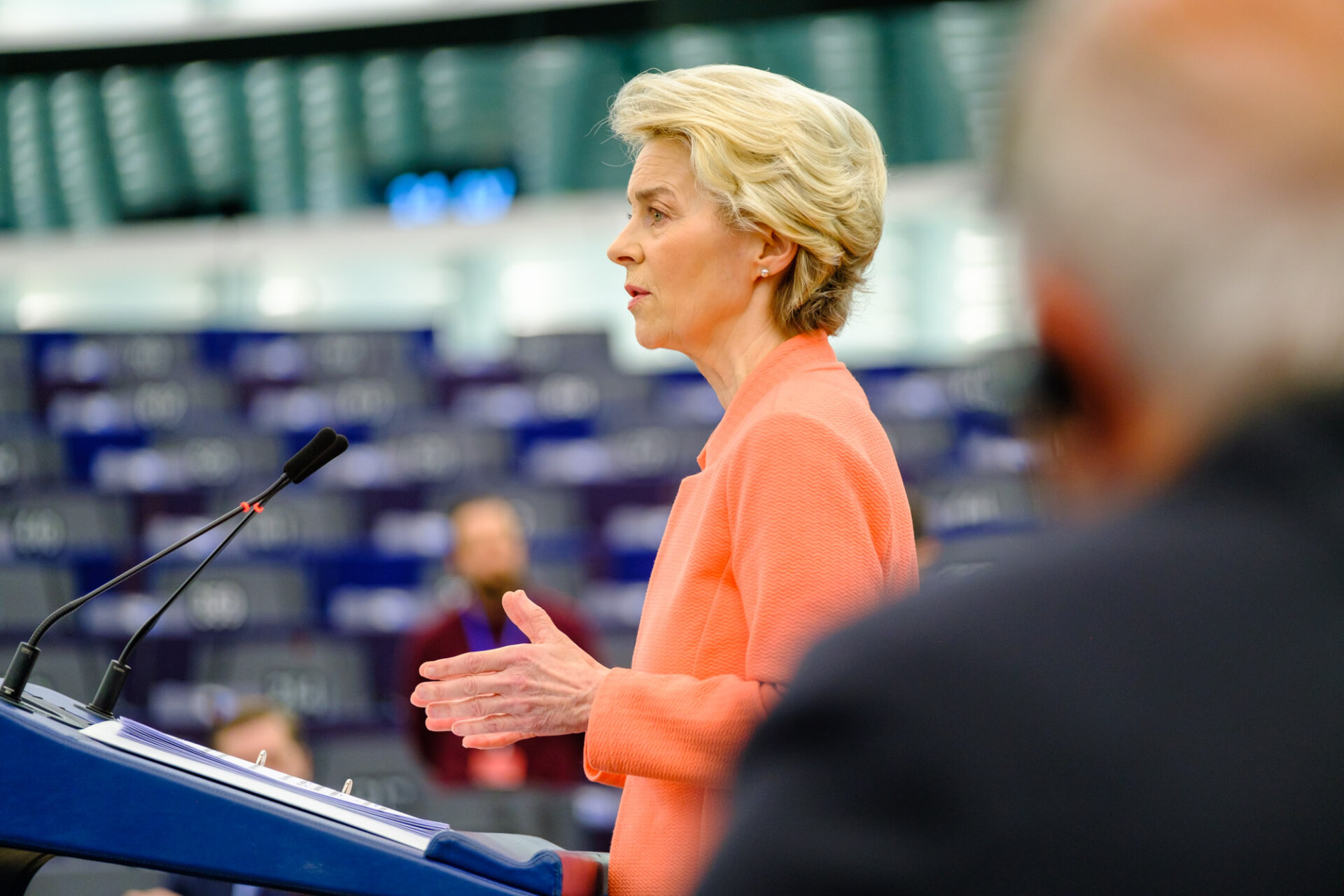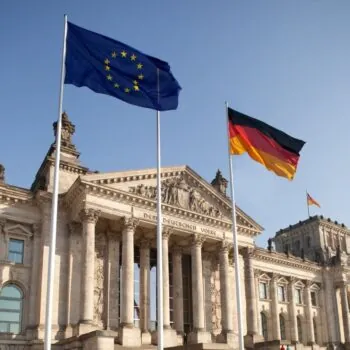This summer will determine the EU’s strategic direction on everything from security and green policy to foreign policy. Last week’s European Council marked a new step towards understanding what the world can expect from the EU for the rest of the decade.
New top positions and agenda leave room for continued climate ambition, but political risks lie ahead
EU leaders opted for continuity by agreeing on the 2024-29 priorities and their pick of Ursula von der Leyen, António Costa and Kaja Kallas for the ‘top jobs’. The Strategic Agenda updates the EU’s founding principles in light of new challenges, and all three appointees have a strong track record in defending a united EU in the face of geopolitical threats. However, an emboldened far-right will make the delivery of this agenda challenging and unpredictable.
While climate action features less prominently compared to 2019, the new Strategic Agenda commits to a just and fair climate transition towards climate neutrality, accelerating the energy transition, including through ambitious electrification, and increasing energy sovereignty. Leaders have also committed to providing a stable and predictable framework and to “protect nature and reverse the degradation of ecosystems, including oceans”, despite the failure of weakened French and German leaders to introduce a more explicit endorsement of the European Green Deal.
Successful delivery of a just and fair climate transition will require increased societal resilience against climate risks, a stronger EU social model, new investment, and renewed international engagement. Last week, leaders gave the mandate to the next Commission to pursue action across these policy areas, with varying level of commitment. It’ll be the new top jobs’ responsibility to take this forward.
Urgent tasks for the EU’s top-jobs
Nominee for Commission President: Ursula von der Leyen
The immediate task awaiting Ursula von der Leyen is to build on her legacy, the European Green Deal, which she called Europe’s “Man on the Moon” moment. This involves addressing acute climate risks, enhancing Europe’s security and strategic autonomy and advancing in the global clean economy race. A proposal for a new Green Industrial Plan is highly anticipated within the first 100 days of her Commission, and much needed for a competitive and future-proof European industry. Initiative is also required to improve fairness and citizen involvement.
Ursula von der Leyen will have to protect the European Green Deal from attempts by Giorgia Meloni and the German delegation of EPP to renegotiate agreed legislation. Instead of backtracking, major efforts are required to deliver a proposal for a 1.5-degree compatible 2040-target, providing the regulatory predictability and investment certainty necessary for businesses, governments, and citizens.
President of the European Council: António Costa
Significantly scaling up investment for Europe’s transition and supporting international climate action are essential for the EU’s fairness and credibility. As the new President of the European Council, António Costa must navigate divergent views among European leaders on the EU’s budget and the Capital Markets Union while reminding them of the security and sustainability risks associated with investment gaps. Costa will also need to drive discussions among leaders to uphold their international commitments and signal early that the EU will deliver an ambitious 1.5C-aligned NDC for 2035.This is crucial to pressure other emitters into ambitious climate commitments at COP30.
Nominee for High Representative of the Union for Foreign Affairs and Security Policy: Kaja Kallas
Kaja Kallas’ most urgent task is to redefine the EU’s place in a world of growing international instability and global fragmentation. She has an opportunity to update Europe’s outdated 2016 geopolitical analysis with a vision for how Team Europe can cooperate with emerging economies in their clean transition and boost the impact of the EU’s fragmented external action to strengthen its global influence. António Costa’s strong connections to emerging economies such as India and Brazil give the EU a good starting position to reinforce crucial EU partnerships.
Next steps
Ursula von der Leyen must now translate priorities from EU leaders into a policy programme for the next five years that can secure sufficient political support in the newly elected European Parliament. This political process can still influence the direction of the political agenda. The next date to watch out for is July 18, when she will attempt to get the confirmation of an absolute majority of Members of the European Parliament in a secret vote.

